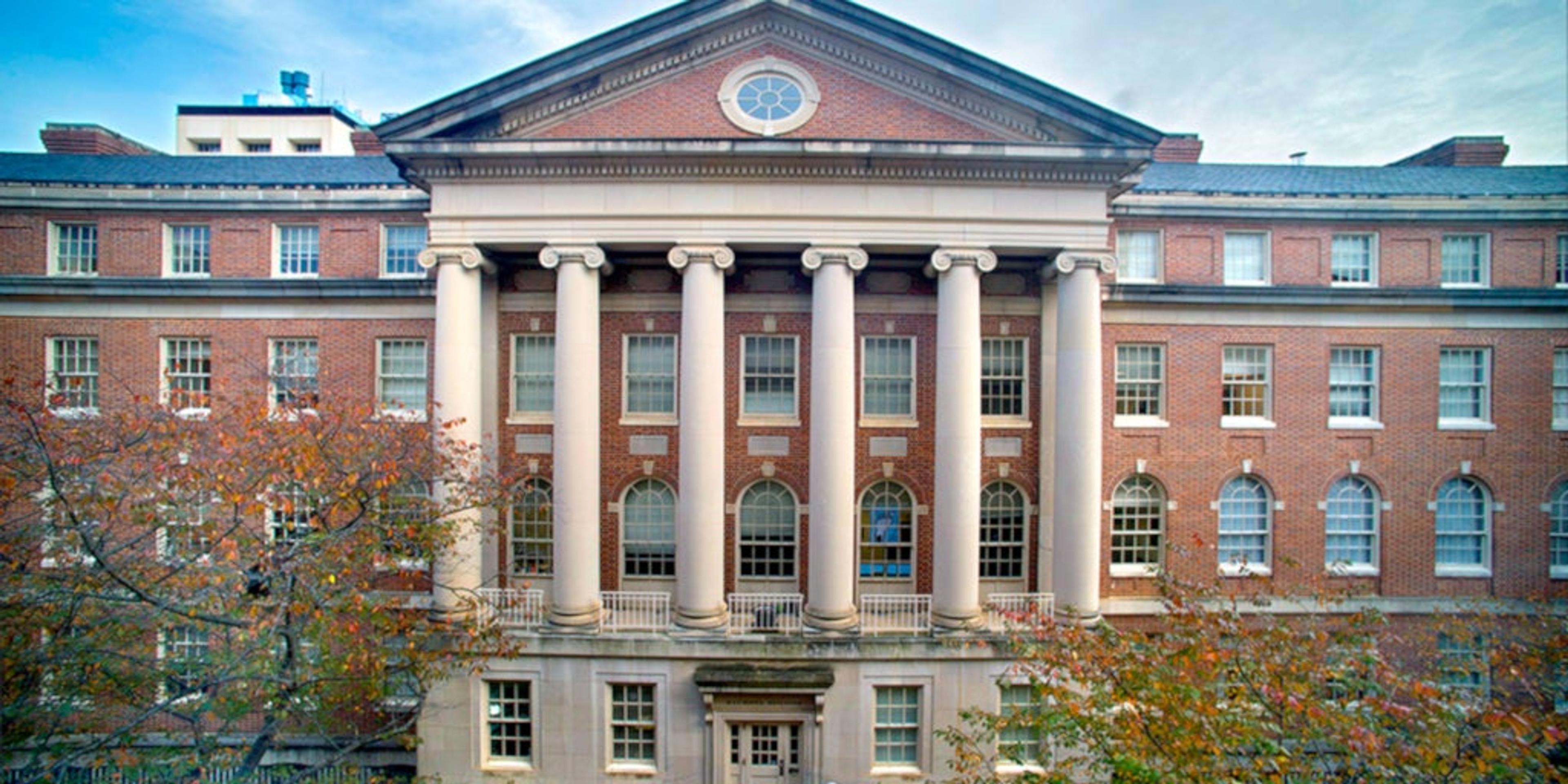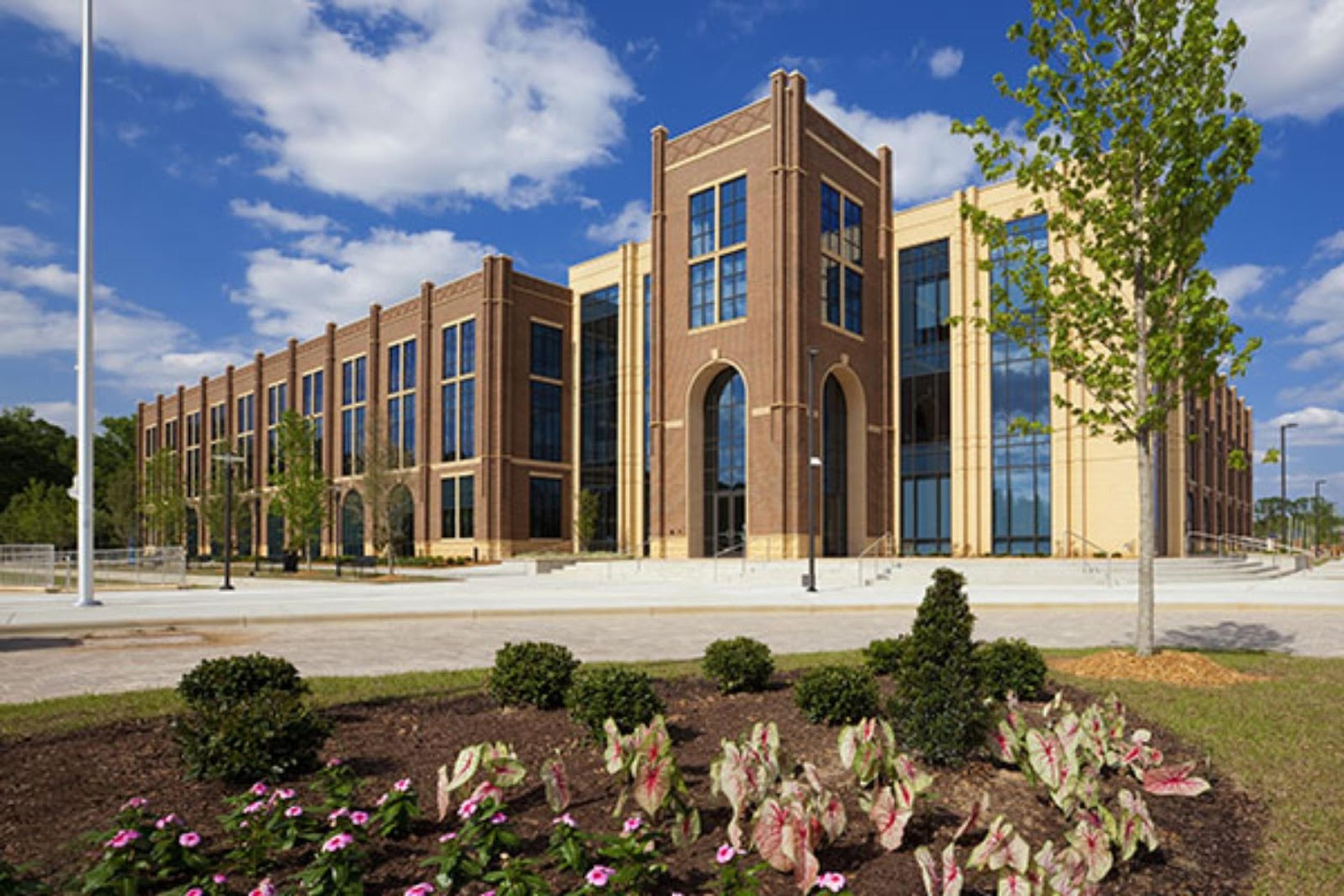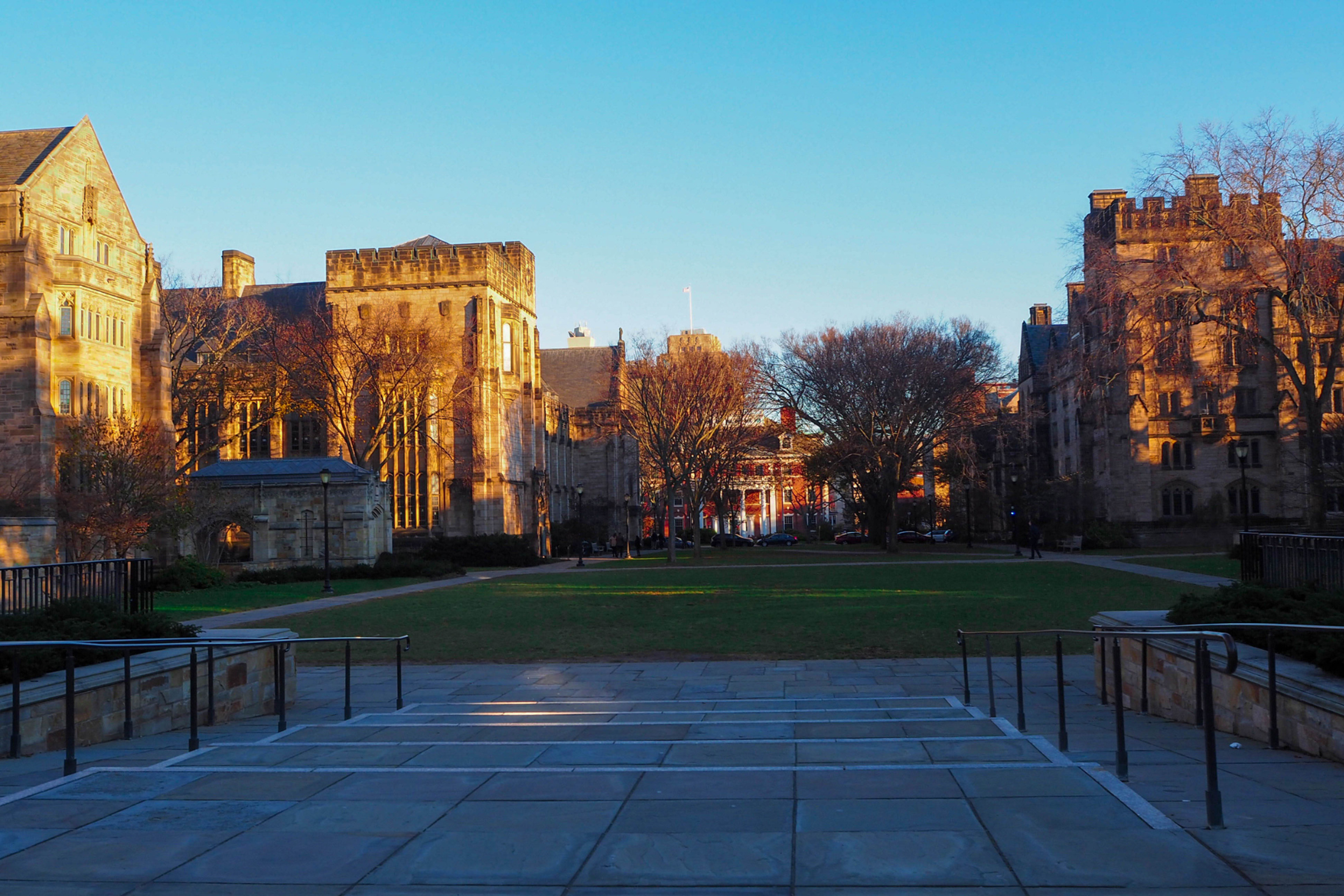Medical Schools in Indiana: Your Comprehensive Guide
Looking to pursue a career in medicine and wondering where to start? Check out our comprehensive guide to medical schools in Indiana.
Posted April 10, 2025

Table of Contents
Free Event

Featuring Jaspreet K.
Ask Me Anything: Medical School Applications
Starting Friday, April 25
12:00 AM UTC · 30 minutes

Featuring Jaspreet K.
If you're interested in pursuing a career in medicine, Indiana offers a range of top-notch medical schools that can help you achieve your goals. In this comprehensive guide, we'll take a detailed look at the various medical schools in Indiana, including admission requirements, costs, scholarships, student life, and many other essential factors that you should consider while choosing a medical school.
Why Indiana is a Great Place to Study Medicine
Indiana is an excellent place to study medicine for many reasons, including its state-of-the-art medical facilities, modern medical education facilities, and an excellent quality of life. Moreover, the cost of living in Indiana is relatively low compared to other states, which makes it an affordable option for medical students. Indiana also has a rich history of medical education and research, which provides students with plenty of opportunities to learn from the best and make meaningful contributions to this field.
Additionally, Indiana is home to several prestigious medical schools, such as Indiana University School of Medicine and Marian University College of Osteopathic Medicine. These institutions offer a wide range of programs and specializations, ensuring that students can find the right fit for their career goals. Furthermore, Indiana's location in the Midwest provides easy access to major cities like Chicago and Indianapolis, which offer additional opportunities for medical training and networking. Overall, Indiana's combination of top-notch medical facilities, affordable living, and strong academic programs make it an ideal destination for aspiring medical professionals.
The History of Medical Education in Indiana
Indiana has a long and proud tradition of medical education. The state's first medical school, the Indiana Medical College, was established in Laporte in 1842. Over the years, several other medical schools were established, including the Indiana University School of Medicine, which opened its doors in 1903. Today, Indiana is home to a range of nationally recognized medical schools, including Indiana University School of Medicine, Marian University College of Osteopathic Medicine, and the University of Saint Francis School of Health Sciences.
In addition to these established medical schools, Indiana has also seen a rise in the number of medical programs offered at undergraduate institutions. Many universities in the state now offer pre-medical programs, allowing students to complete their undergraduate degree while also fulfilling the necessary requirements for medical school. This has made medical education more accessible to a wider range of students, and has helped to address the shortage of physicians in certain areas of the state.
Furthermore, Indiana has also been at the forefront of medical research and innovation. The Indiana University School of Medicine, for example, is home to the Indiana Clinical and Translational Sciences Institute, which is dedicated to advancing medical research and improving patient care. The state is also home to several biotech companies, such as Eli Lilly and Company, which have made significant contributions to the field of medicine.
Admission Requirements for Medical Schools in Indiana
Admission requirements for medical schools in Indiana typically include a bachelor's degree from an accredited college or university, as well as the successful completion of specific prerequisite courses in the sciences. In addition, applicants must submit a competitive Medical College Admissions Test (MCAT) score. Other requirements may vary depending on the school, but typically include letters of recommendation, a personal statement, and participation in extracurricular activities.
It is important to note that some medical schools in Indiana may also require applicants to have clinical experience, such as volunteering or working in a healthcare setting. This experience can demonstrate a commitment to the field and provide valuable insight into the realities of working in healthcare. Additionally, some schools may require interviews as part of the admissions process, which can provide an opportunity for applicants to showcase their communication skills and passion for medicine.
The Top Medical Schools in Indiana and their Rankings
Indiana is home to several excellent medical schools, each with its unique strengths, rankings, and areas of focus. Some of the best medical schools in Indiana include Indiana University School of Medicine, which is ranked by U.S. News and World Report as one of the top 50 medical schools in the country. Other highly regarded schools in Indiana include Marian University College of Osteopathic Medicine, which is known for its innovative and student-centric curriculum, and the University of Saint Francis School of Health Sciences, which focuses on training medical professionals to work in rural and underserved areas.
Indiana University School of Medicine is the largest medical school in the United States, with nine campuses across the state. It offers a wide range of medical programs, including MD, PhD, and dual-degree programs. The school is also known for its research programs, which focus on areas such as cancer, neuroscience, and genetics.
Marian University College of Osteopathic Medicine is a relatively new medical school, having opened in 2013. Despite its young age, the school has already gained a reputation for its innovative curriculum, which emphasizes hands-on learning and community service. The school also has a strong focus on primary care, with a goal of training physicians who will work in underserved areas.
Programs and Specializations Offered by Medical Schools in Indiana
Medical schools in Indiana offer a range of programs and specializations to meet the needs of aspiring medical professionals. Some of the popular programs offered in Indiana include Doctor of Medicine (MD), Doctor of Osteopathic Medicine (DO), Master of Science in Physician Assistant Studies, and Master of Science in Anesthesia. Specializations in areas such as cardiology, oncology, surgery, pediatrics, and neurology are also available.
In addition to these programs and specializations, medical schools in Indiana also offer opportunities for research and clinical experience. Many schools have partnerships with hospitals and healthcare facilities, providing students with hands-on training and exposure to real-world medical situations. Some schools also offer dual degree programs, allowing students to earn both a medical degree and a degree in another field, such as business or public health.
The Cost of Attending Medical School in Indiana
Attending medical school in Indiana can be expensive, but the cost varies depending on the school and program. According to CollegeCalc.org, the average annual cost of attending medical school in Indiana is around $34,000 for in-state students and $59,000 for out-of-state students. However, there are several financial aid programs and scholarships available to help offset the cost of tuition and other expenses.
It's important to note that the cost of attending medical school in Indiana goes beyond just tuition. Students also need to consider the cost of textbooks, housing, transportation, and other living expenses. Some medical schools in Indiana offer on-campus housing options, which can be a more affordable option for students. Additionally, some medical schools offer part-time job opportunities for students to earn extra income while studying.
Another factor to consider when calculating the cost of attending medical school in Indiana is the length of the program. Medical school typically takes four years to complete, but some programs may take longer. This means that students will need to budget for additional years of tuition and living expenses. However, some medical schools offer accelerated programs that allow students to complete their degree in a shorter amount of time, which can help reduce overall costs.
Scholarships and Financial Aid for Medical Students in Indiana
Medical students in Indiana have access to various financial aid programs and scholarships designed to reduce the financial burden of attending medical school. Some of the popular financial aid programs in Indiana include loans, grants, and work-study programs. Several medical schools in Indiana, such as Indiana University School of Medicine, also offer merit-based scholarships, need-based scholarships, and fellowships to eligible students.
In addition to the financial aid programs and scholarships offered by medical schools in Indiana, there are also external organizations that provide funding for medical students. For example, the Indiana State Medical Association Foundation offers scholarships to medical students who are Indiana residents and demonstrate financial need. The Indiana Rural Health Association also provides scholarships to medical students who commit to practicing in rural areas of the state after graduation.
It is important for medical students in Indiana to research and apply for all available financial aid options to minimize their debt and ensure they can focus on their education and training. Many medical schools have dedicated financial aid offices that can provide guidance and support throughout the application process.
Clinical Rotations and Residencies in Indiana
Clinical rotations and residencies are crucial components of a medical education. Medical schools in Indiana provide ample opportunities for students to participate in clinical rotations and residencies at various medical institutions throughout the state. These rotations and residencies give students hands-on experience in real-life medical environments and are essential for preparing them for their professional careers.
Career Prospects for Medical Graduates in Indiana
Indiana has a strong demand for medical professionals, which makes it a great place for medical graduates to start their careers. Medical graduates in Indiana can pursue a range of career paths, including practicing medicine in hospitals, clinics, private practices or working in research or academia. The average salary for doctors in Indiana is over $220,000 per year, making it an attractive career choice for many aspiring medical professionals.
Student Life at Medical Schools in Indiana
Medical schools in Indiana offer a range of activities and resources to enhance the student experience and create a sense of community among students. Students have access to sports facilities, wellness programs, social events, and clubs and organizations that cater to their interests. Moreover, medical schools in Indiana provide an environment where students can connect with their peers, faculty, and alumni and build essential relationships that can last a lifetime.
Research Opportunities at Medical Schools in Indiana
Indiana is home to several leading research institutions in the medical field, such as the Indiana Clinical and Translational Science Institute and the Indiana University Melvin and Bren Simon Cancer Center. Medical students in Indiana have many opportunities to participate in research projects, including access to top-tier research facilities and laboratories.
Alumni Success Stories from Medical Schools in Indiana
Indiana medical schools have produced various notable alumni who have made significant contributions to the field of medicine. Some of the notable alumni include Dr. Gabor Forgacs, a prominent bioprinting researcher, and Dr. Jill Bolte Taylor, a brain scientist and author. Learning about the achievements of alumni can be inspiring to students and help motivate them to excel in their studies and careers.
Tips for Choosing the Right Medical School in Indiana
Choosing the right medical school is a crucial decision that can affect your future career and personal life. When selecting a medical school in Indiana, you should consider various factors such as location, cost, program offerings, professors, research opportunities, student life, and career prospects. It's essential to evaluate your priorities and consider what aspects will be most important to you as a student.
In conclusion, medical schools in Indiana offer a range of programs and opportunities to aspiring medical professionals. Choosing the right medical school requires careful research and evaluation of all the factors that affect your education and future career, such as cost, location, program offerings, and more. With this comprehensive guide, you'll be equipped with all the necessary information to make an informed decision on the best medical school for you in Indiana.











